
The New Year’s Resolution You Can Actually Keep
Most New Year’s resolutions fail within two weeks. A low-carb lifestyle often begins working within that same timeframe. By stabilizing blood sugar and supporting metabolic health, low-carb eating can improve energy, mental clarity, mood, and chronic pain. Learn why this approach works with your body, how to start simply, and why so many people never go back once they experience the benefits.

You Don’t Need Fruit to Get Vitamin C on a Low-Carb Diet
Most people believe fruit is the only source of vitamin C, but the science tells a different story. When you cut sugar and carbs, your body uses vitamin C more efficiently and doesn’t require as much. Here’s why you won’t get scurvy from skipping oranges.

Why Women Must Demand Low-Carb Options in the USDA Guidelines
The USDA may once again ignore science by excluding low-carb nutrition from the official Dietary Guidelines. Learn why this matters for women’s health, families, and the future of real food education.

The 2025 Dietary Guidelines Is Set To Ignore Low-Carb Science Again
The 2025 U.S. Dietary Guidelines are being finalized now. Despite decades of research proving that low-carb diets reverse metabolic disease, the government refuses to include a low-carb option. When public health policy ignores evidence, it’s not a mistake—it’s neglect.

Why the USDA Must Include a Low-Carb Option in the Dietary Guidelines
Schools, hospitals, nursing homes, mental health facilities, and the military follow the USDA Dietary Guidelines. Without a low-carb option, millions with insulin resistance and type 2 diabetes are left without support. Here is why inclusion matters, what the science shows, and what Nina Teicholz has uncovered about how low-carb evidence gets ignored.

The Power of a Low-Carb Lifestyle for Women With PCOS
Struggling with PCOS symptoms like irregular cycles, weight gain, acne, or fatigue? Traditional treatments often mask the problem instead of addressing the root cause. A low-carb or ketogenic diet lowers insulin, balances hormones, reduces inflammation, and supports weight loss. Learn how nutrition, not birth control or endless prescriptions, can help women with PCOS reclaim their health, energy, and fertility.
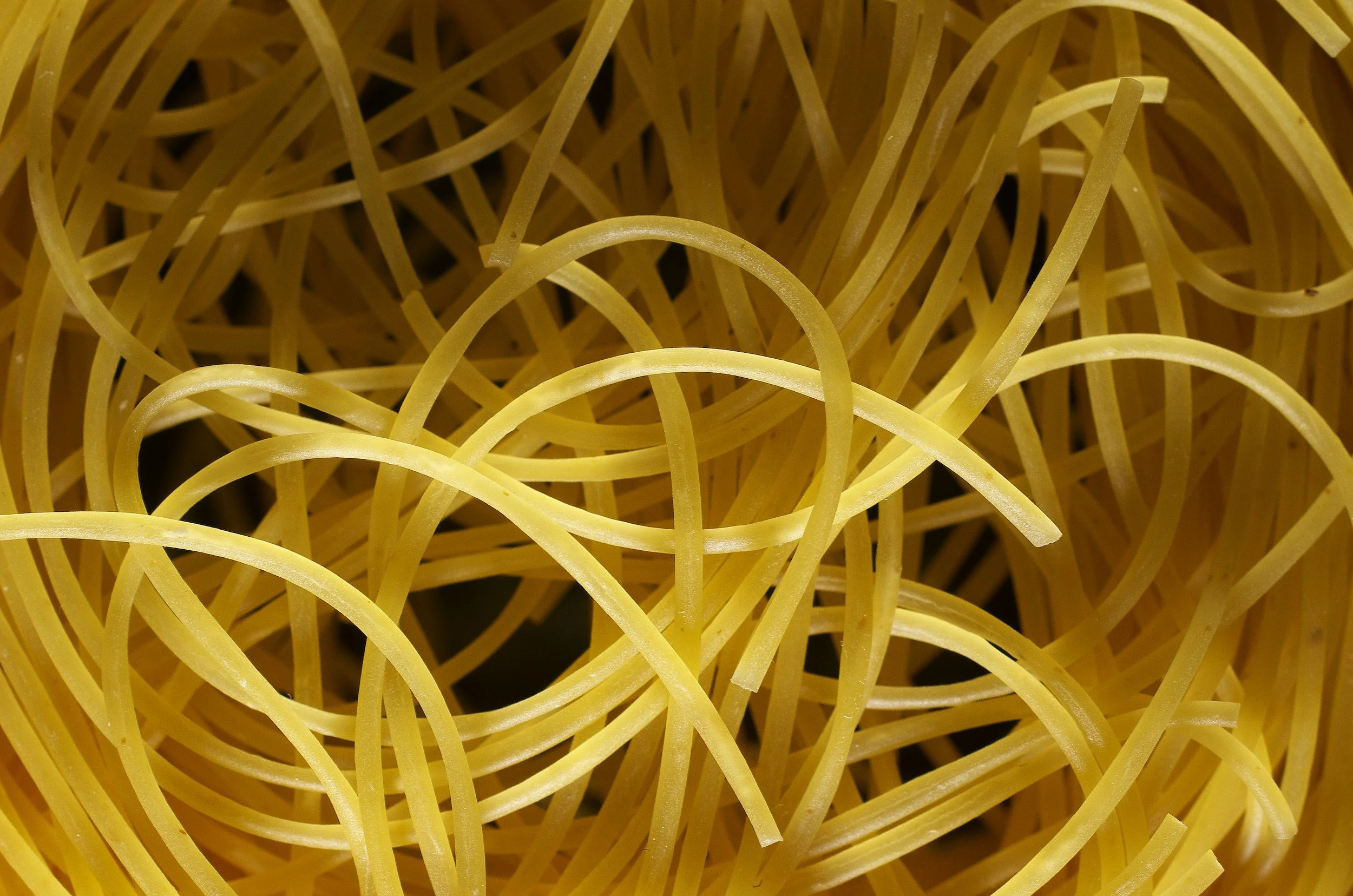
Do You Really Need Carbs? The Simple Science Behind Your Daily Requirement
You’ve been told your body needs carbs for energy and workouts, but the truth is your daily requirement for carbohydrates is zero grams. Unlike protein and fat, which are essential, carbs are optional. Your body makes all the glucose it needs through gluconeogenesis and runs more efficiently on fat and ketones. Eating excess carbs leads to blood sugar spikes, inflammation, and chronic disease. Learn why carbs are not required and how your body thrives without them.
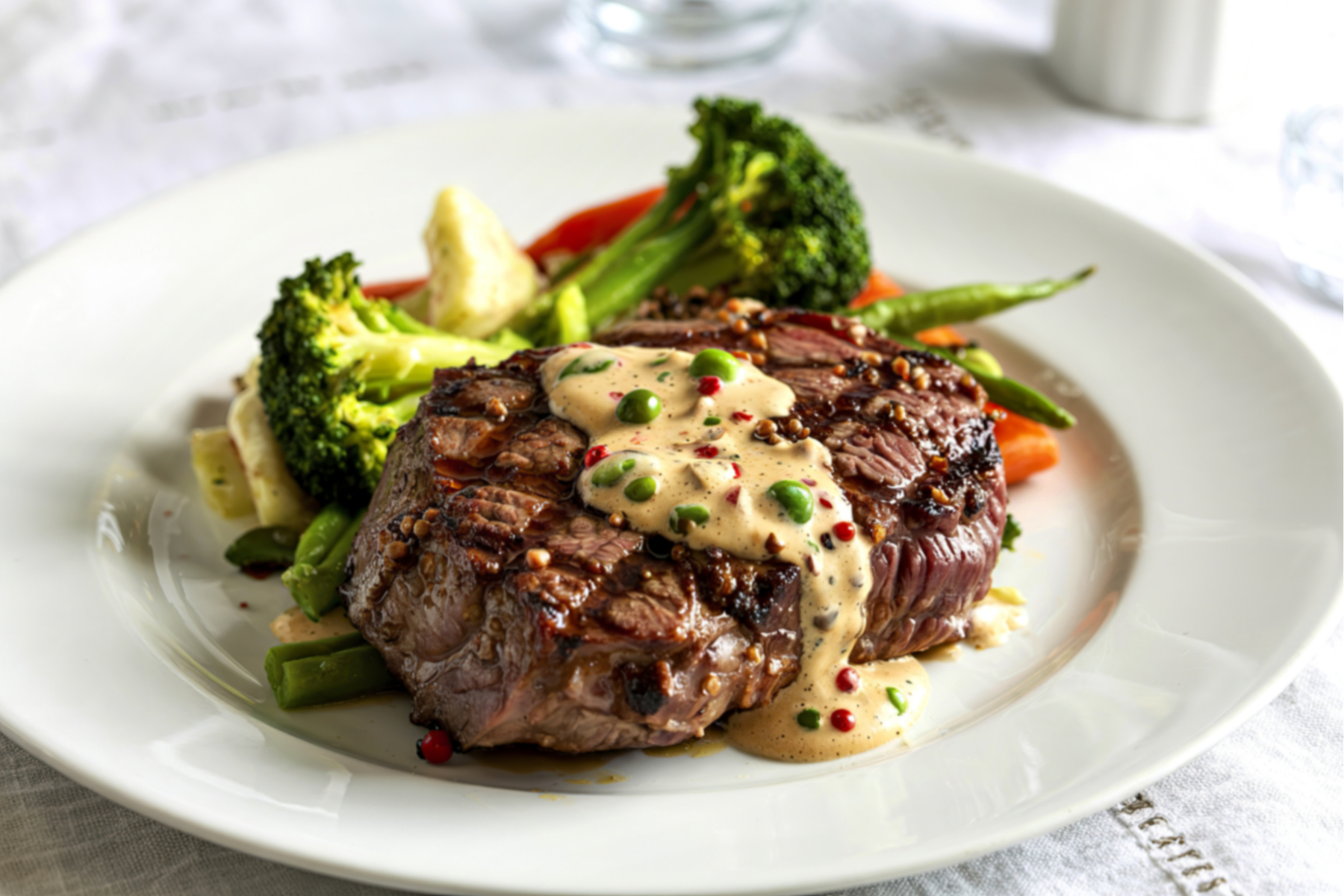
How to Start a Low-Carb Lifestyle Without Overwhelm
tarting a low-carb diet doesn’t have to feel confusing or restrictive. Learn simple steps to begin without overwhelm, why fat and protein matter, and how to fuel your body the right way.
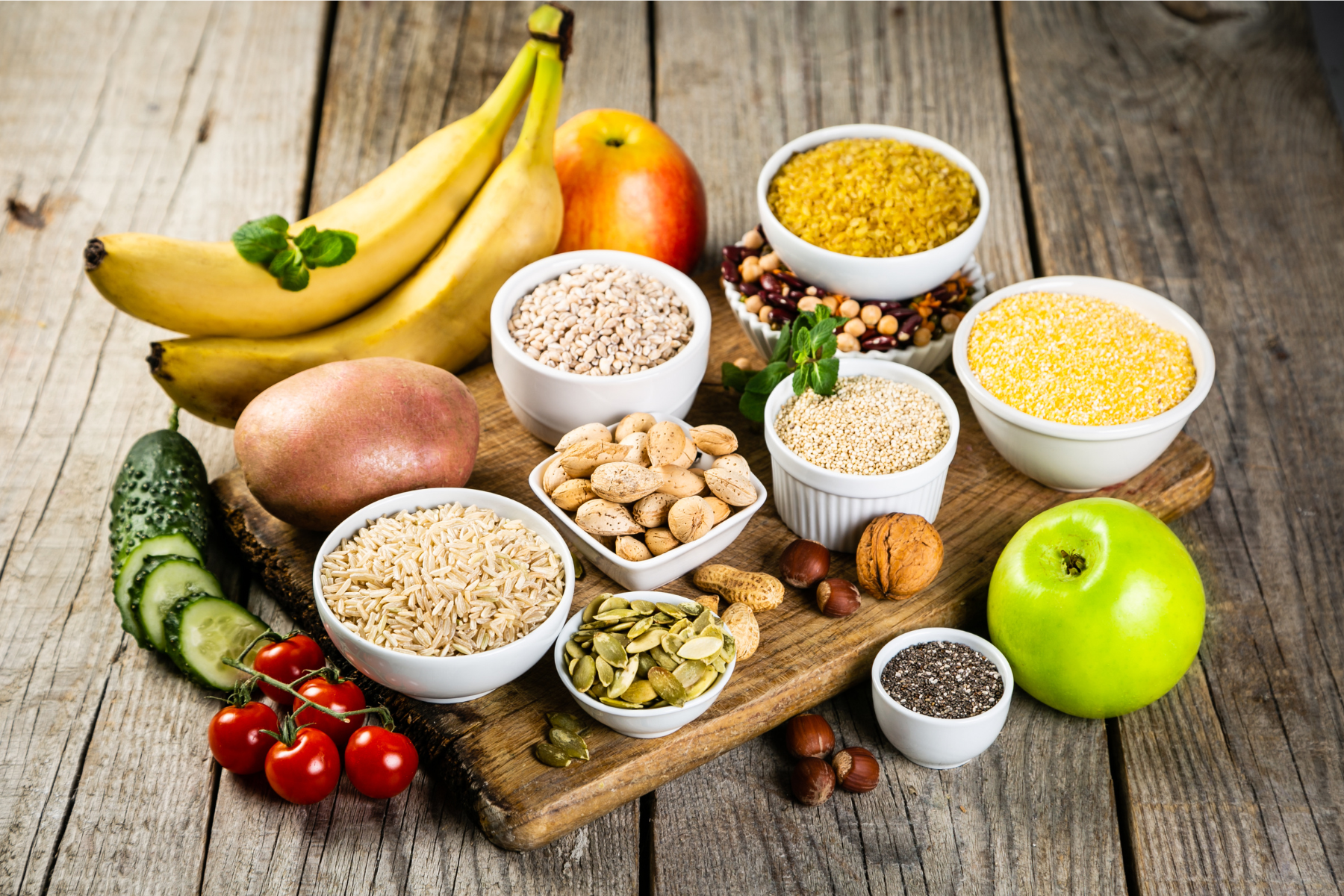
Do We Need Carbs? How the Body Makes Glucose Without Sugar
Your body only needs about 60–90 grams of glucose a day, equal to 5–7 tablespoons. You don’t have to eat sugar or carbs to get it. Through gluconeogenesis and ketone production, your body makes the glucose it needs while thriving on protein and fat.

Dementia and Diet: Why Dr. Paul Mason Says the Brain Runs Better on Ketones
Dementia is often seen as unavoidable, but Dr. Paul Mason explains it as a metabolic disease tied to insulin resistance. The brain can use glucose but performs better on ketones, making a low-carb diet a powerful tool to protect memory and support long-term brain health.
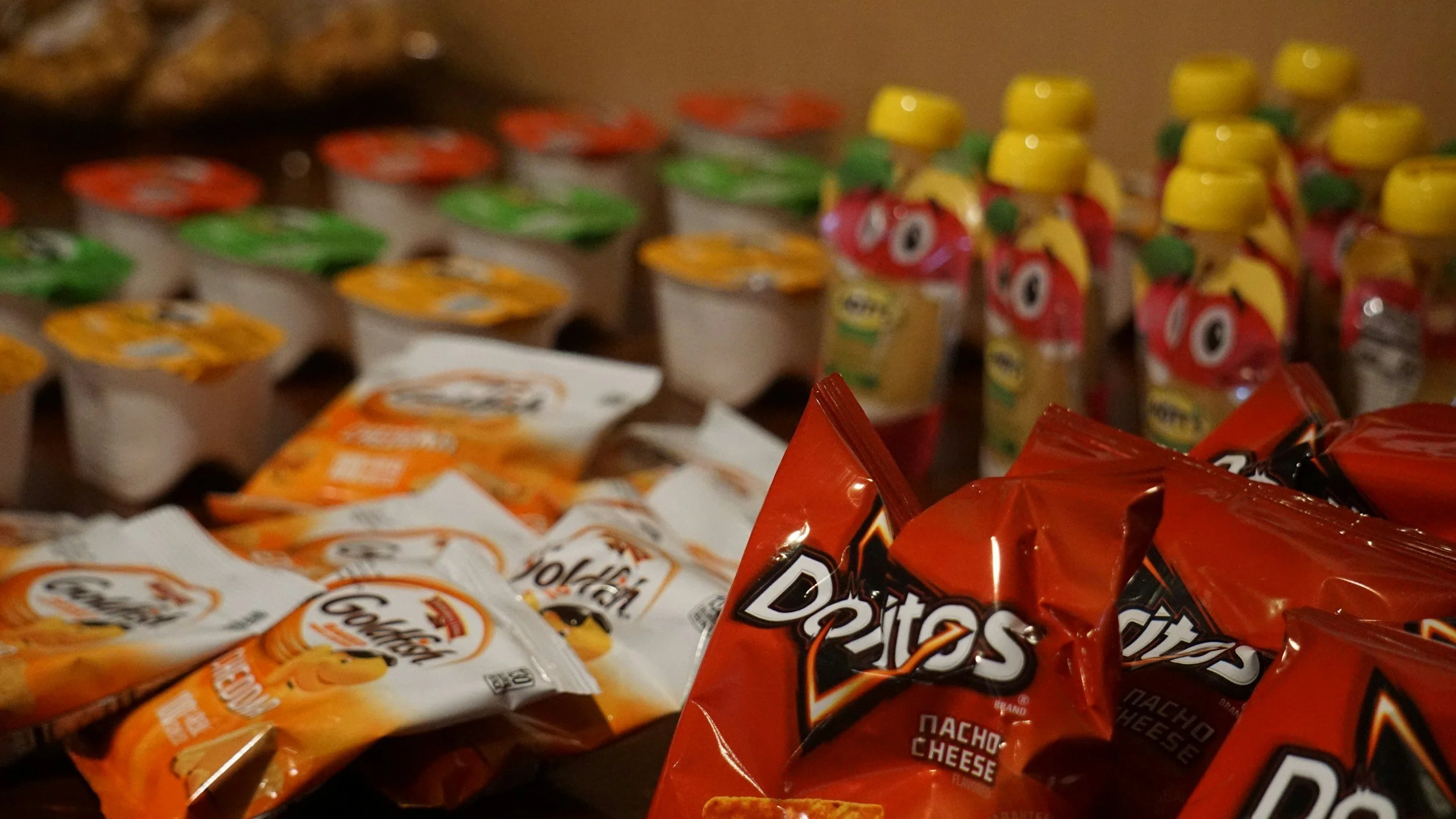
Food Addiction by Design: How the Industry Hooks Us on Processed Snacks
Food addiction is no accident. Processed snacks and ultra-processed foods are engineered to be addictive, with sugar, fat, and salt blended to hit the “bliss point” that keeps you craving more. From chips and cookies to ice cream and sweetened cereals, these hyperpalatable foods are designed for profit, not health. Misleading labels and tiny serving sizes hide the truth: they drive obesity, diabetes, and other metabolic diseases while offering zero real nutrition. Learn how to spot the tricks, break free from sugar and fat addiction, and take back control of your health.
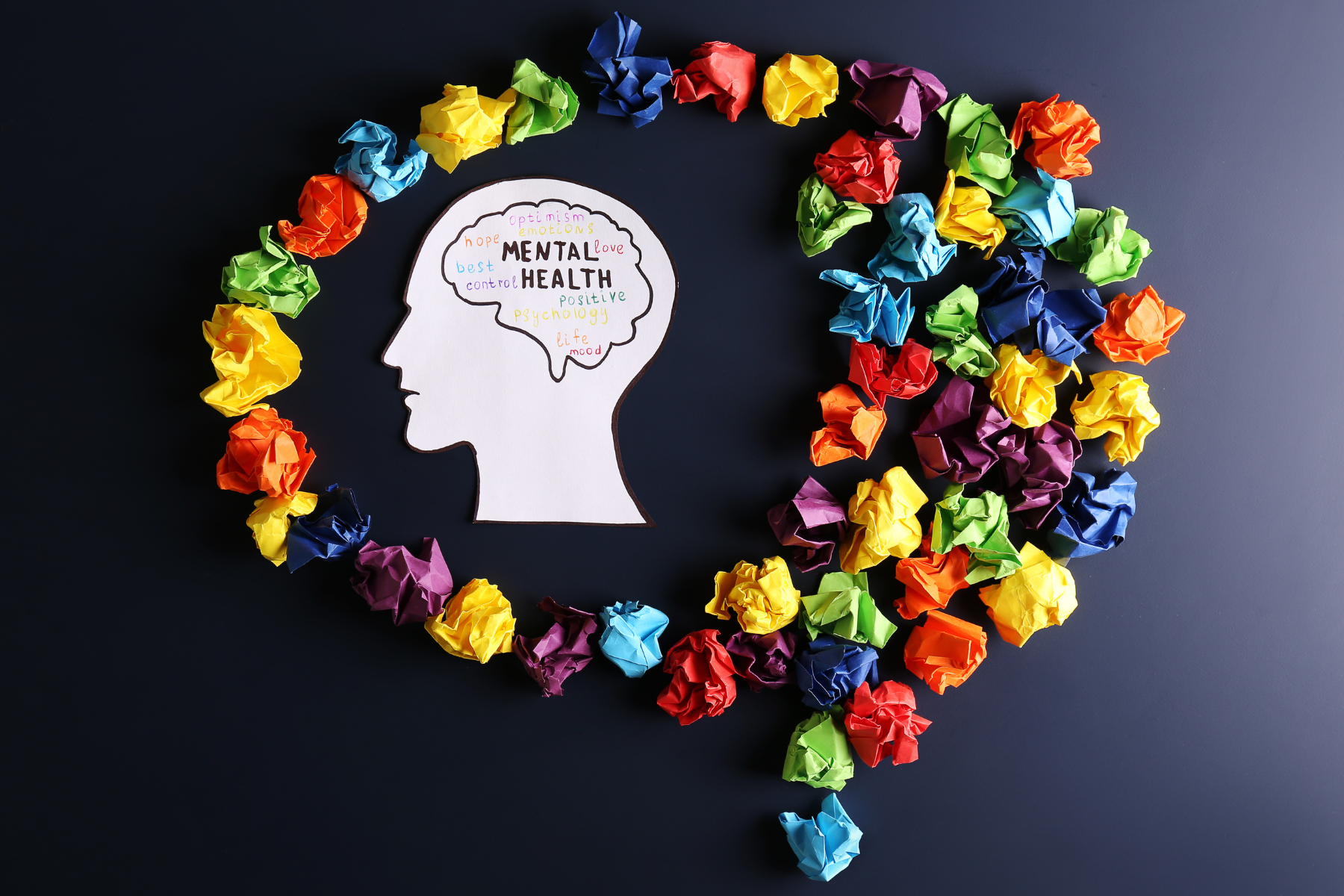
Low Carb and Mental Health: Beyond the Fog
Learn how low carb and ketogenic diets support mental health. Evidence shows benefits for depression, anxiety, brain fog, and even schizophrenia.

Hydration on Low-Carb: Why Salt Matters More Than a Gallon of Water
Most people think hydration is just about drinking more water — but on a low-carb or carnivore diet, that advice can backfire. True hydration depends on water and minerals, especially sodium. Without enough salt, plain water can leave you fatigued, dizzy, or crampy. Low-carb experts like Dr. Eric Westman, Dr. Paul Mason, and Dr. Boz agree: sodium is essential, not dangerous. Learn why the old “cut salt and drink more” rule is outdated, and discover how to hydrate smarter with practical, science-backed strategies.
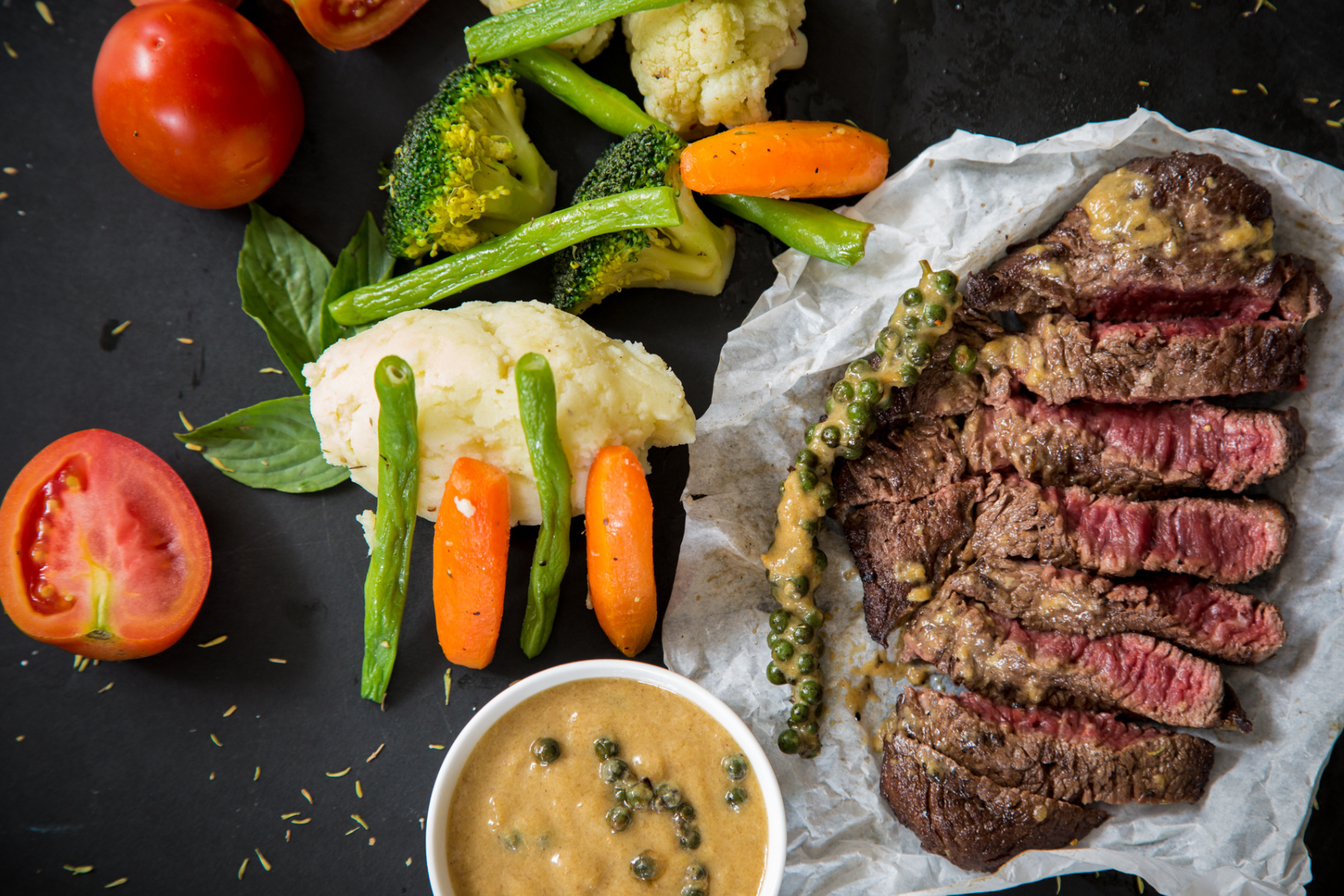
Why Your Body Can’t Burn Sugar and Fat at the Same Time: Understanding the Randle Cycle
Your body was never designed to burn sugar and fat at the same time. The Randle cycle explains why one fuel always dominates—and why modern carb-heavy eating keeps fat burning locked away. Learn how metabolic flexibility works, why fat is the body’s sustainable energy source, and how lowering carbs can restore balance, improve health, and reduce the risk of obesity and metabolic disease.
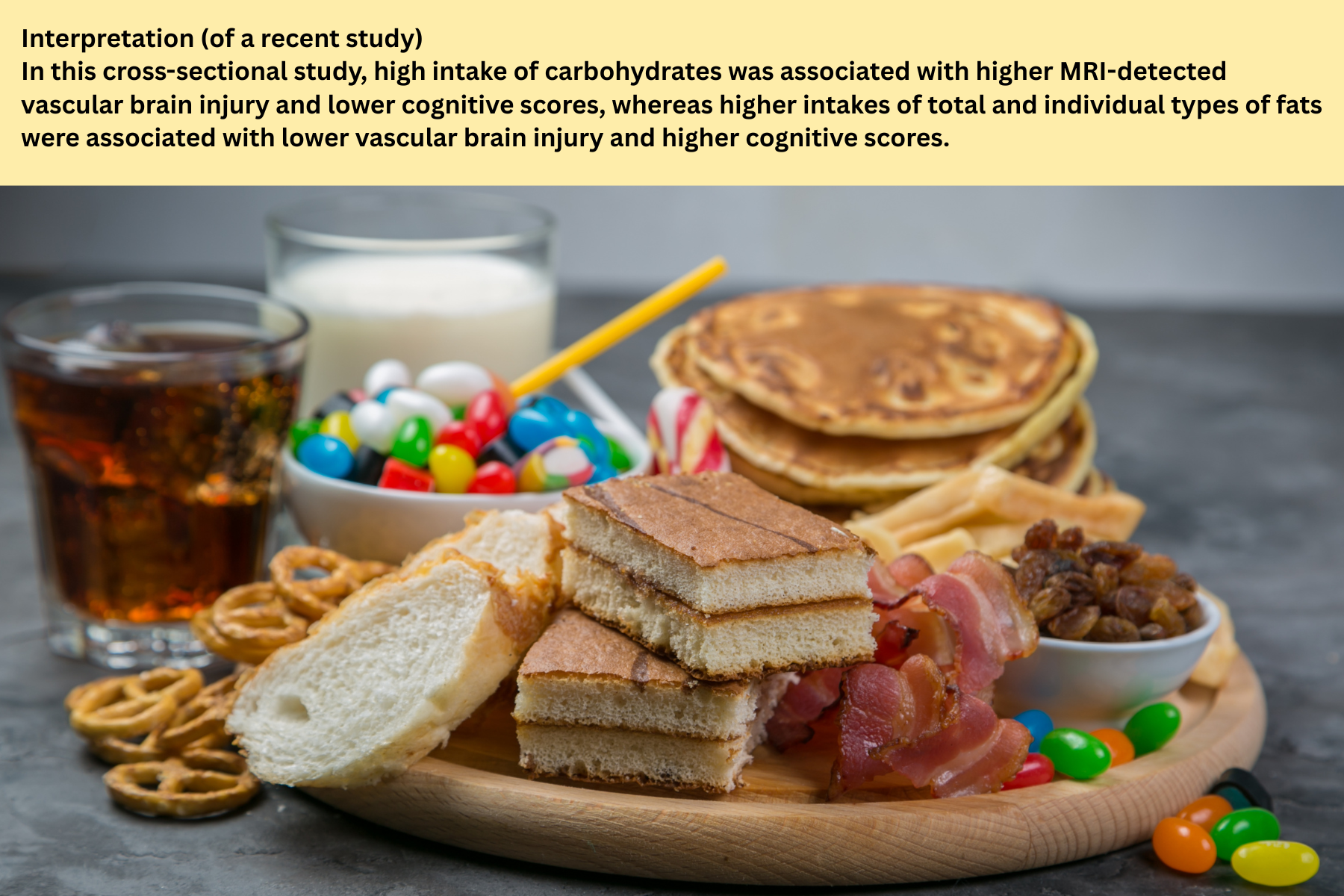
More Fat, Less Brain Injury? What a New Study Reveals About Diet and Brain Health
A large study published in The Lancet’s EClinicalMedicine found that high carbohydrate intake increases the risk of silent brain injury and lower cognitive scores, while higher fat—especially monounsaturated fats from olive oil, nuts, and avocados—was linked to better brain health. Learn what this means for your diet and how small changes today can protect your brain tomorrow.

The Truth About Fiber: How It Became Big Business and Why Your Body Doesn’t Actually Need It
Think you need fiber for healthy digestion? Discover the truth about how fiber became a billion-dollar industry—and why your body may function better without it. Learn what science says about fiber, nutrient absorption, and real gut health.

You Can’t Out-Workout a Bad Diet: Why Real Health Starts in the Kitchen
Think hitting the gym gives you a free pass to eat junk? Not so fast. Here's why even the hardest workouts can't undo the damage from seed oils, sugar, and processed foods—and what you should be focusing on instead.

Can You Do Keto Without Meat? A Deep Dive into the Vegetarian Ketogenic Diet
Learn how to follow a clean vegetarian keto diet without meat. Avoid inflammatory seed oils, prevent nutrient deficiencies, and stay in ketosis with plant-based fats.

Does Beef Spike Insulin? The Truth About Protein, Blood Sugar, and Metabolic Health (Especially for Low-Carb Women)
Worried you’ve seen posts saying beef spikes insulin? Here’s the real science behind protein, blood sugar, and insulin — in simple terms. Learn what’s normal, what isn’t, and how to support hormones with a low-carb lifestyle.

Debunking Nutrition Myths: What Nina Teicholz and Nick Norwitz Are Revealing About Red Meat, Saturated Fat, and the Carnivore Diet
New research led by Nina Teicholz confirms low-carb diets are safe and effective for obesity, diabetes, and heart health—debunking decades of bad advice.
